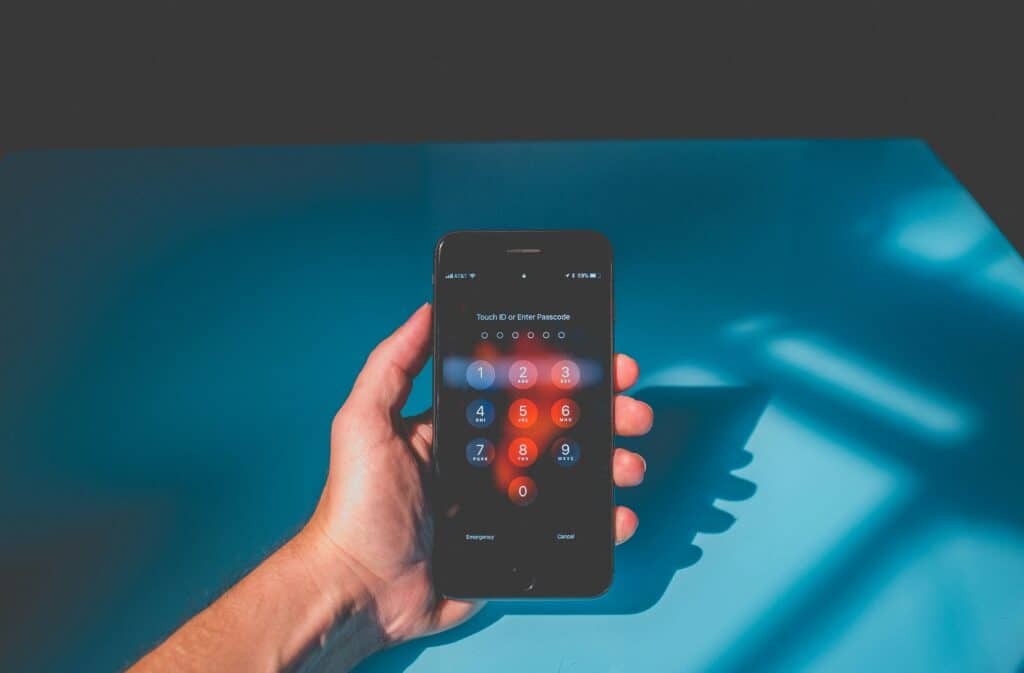Throughout history, humans have created various authentication systems to determine whether someone is a friend and to try to keep enemies out.
The Roman army used ‘watchwords’ that proved individuals were members of particular units.
In 1961, MIT computer science professor Fernando Corbato built a large time-sharing computer and wanted users to have their own private access to the terminals.
While top security firms had been using biometrics for a while, by the 2010s, they had become commonplace among smartphone companies for logging into devices or completing digital purchases.
We’ve come a long way since Roman times.
A 2024 study found that digital technology users, on average, have 168 passwords to remember, a number that will only increase as more of our work and home lives move online.
If, like me, you can barely remember what day of the week it is sometimes, you’ve probably asked yourself this question: How are we to navigate the challenge of remembering the endless (and growing) mix of upper- and lowercase letters, numbers, and special characters?
One option is to treat yourself to one of those cute little ‘password books’ you can buy from stationery shops and garden centres. But hold that thought.
The National Cyber Security Centre (NCSC) advises that most data breaches relate to stolen, weak, or reused passwords.
Their top tip for online safety is to protect your email using a strong and separate password.
Having a separate password is important because a criminal can access a lot of information about you, including your email and other accounts, such as your online banking. They could also send emails purporting to be from you and easily reset other accounts.
Some highly effective password managers are available for our devices, and two-factor authentication (2FA) is becoming the norm, so make use of it.
These things are not ‘nice to have’; they’re essential. We must remember the value and importance of our digital data and do all we can to keep enemies out.
You wouldn’t walk down a crowded street with wads of your hard-earned cash sticking out of your back pocket, would you? We must take care not to do the digital equivalent because the value of things in the digital world is just as real, and the impacts can often be far greater.
So, if you have one of those cute password books, please do yourself a favour – cross out the words ‘password book’ and replace them with ‘shopping list’, then use it to note the groceries you need, not your passwords. It’ll do that job just beautifully.
Note: Jersey has its own Cyber Emergency Response Team (CERT), responsible for promoting and improving cyber resilience across the Island’s critical national infrastructure, business communities, and citizens to reduce the risk and impact of major cyber incidents in Jersey.




